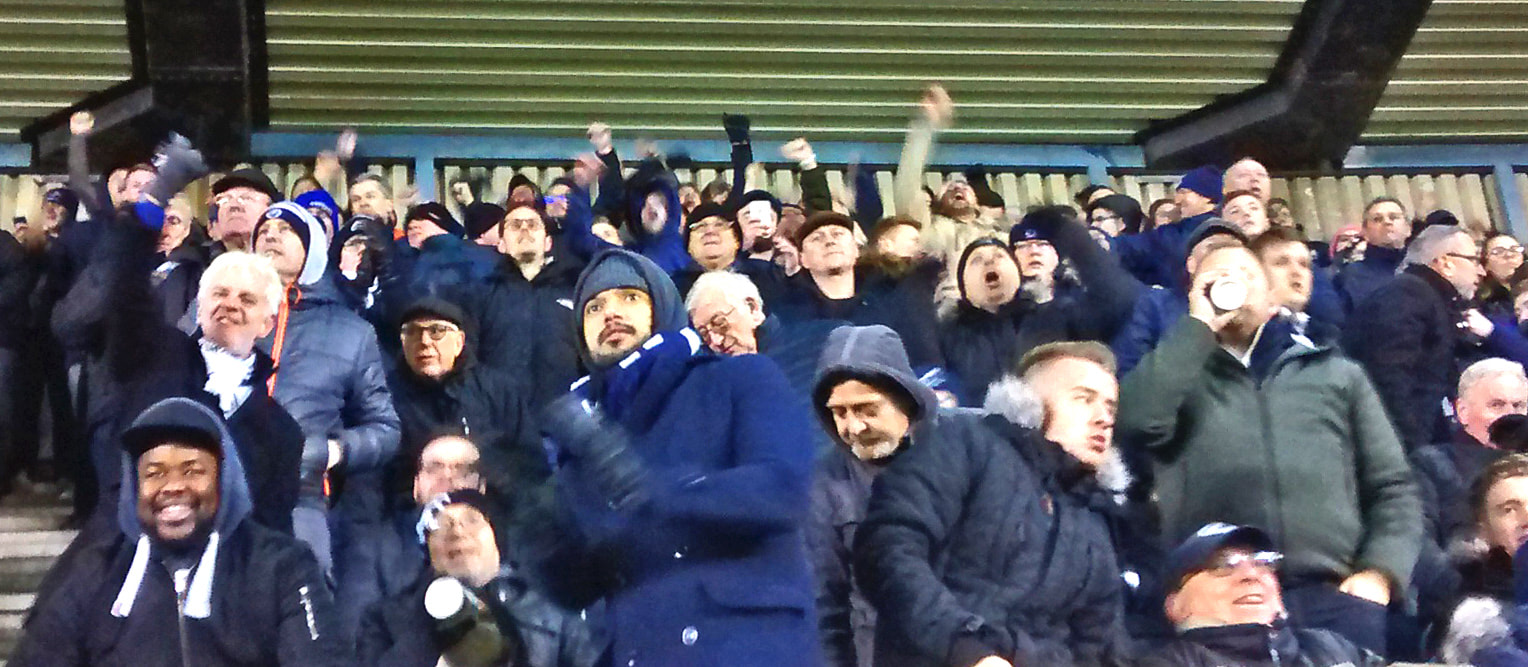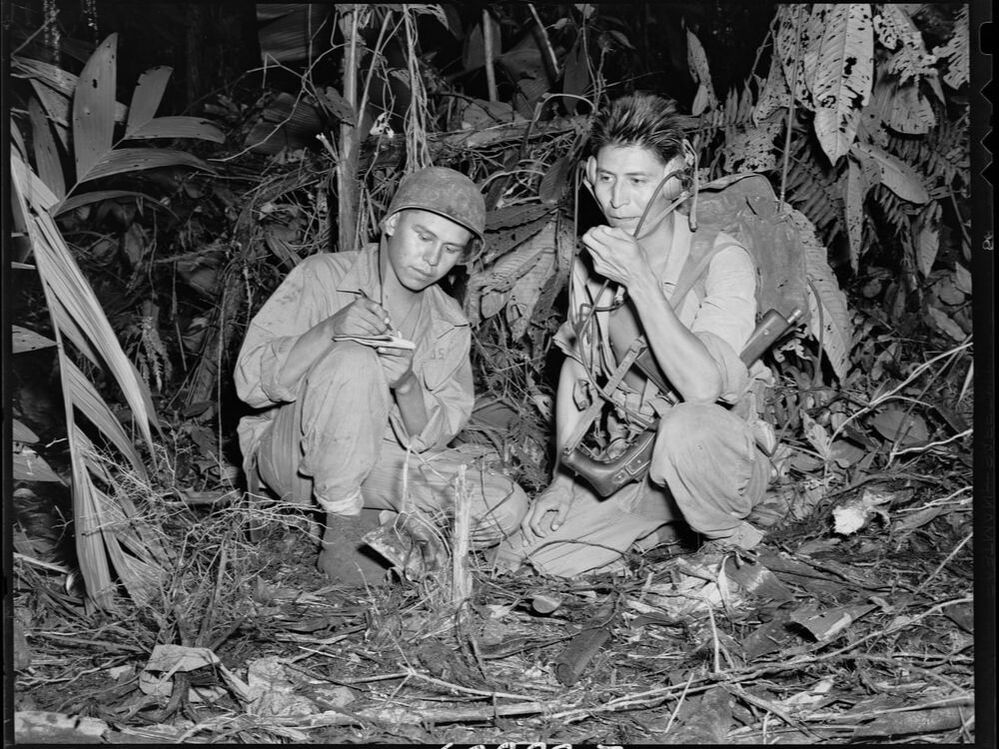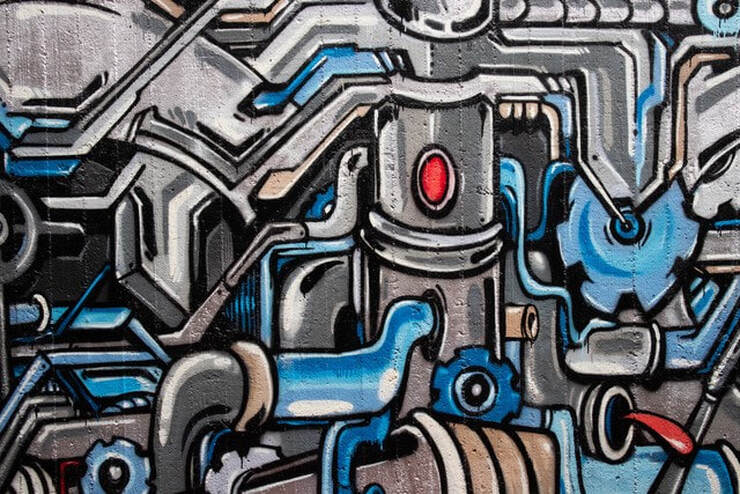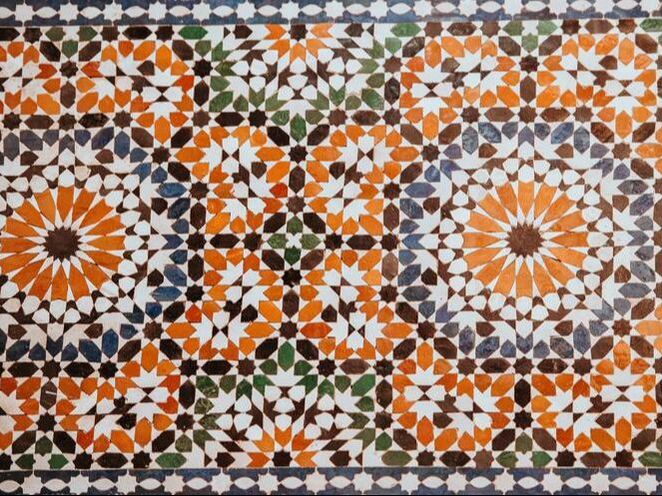|
|
|
While never entirely going away, the relationship between football fandom and racism has over the past few months come into renewed focus. In a UK context, this concerns the continued controversy over players choosing to ‘take the knee’ before professional matches in protest of racial injustice, as well as online abuse targeting the three black players who missed penalties in this summer’s final of the Euro 2020 tournament. Against a back story of overt racism in English stadia throughout the 1970s and 1980s, these episodes remind us of the need to keep interrogating the use of racist language across English football.
In this context Millwall FC holds a somewhat unique, although unwanted, position. It is a club that is widely recognised – for its association with racist hooliganism – even among those who know little about football. This reputation dates back to the 1970s. Therefore, the idea of the black Millwall fan – as a category and an identity – causes raised eyebrows, as it appears an oxymoron that goes against existing perceptions of what constitutes a Millwall fan. It is the oral histories of black Millwall fans and players that are at the core of the Millwall's Changing Communities Research Project, funded by the Lottery and led by the South London-based charity Bede House.
0 Comments
A recent Policy Exchange report made waves in criminological circles, (mis)identifying drill music and ‘gangs’ as prime suspects in connection with knife crime, while also defending more stop and search – despite the report’s own criticisms of it. Unsurprisingly, this ill-thought, badly researched and politically dubious intervention inspired a fierce rebuttal from 49 experts in Criminology, youth justice and rap music. In support of the criticism that this report has already drawn, we write to further expose various factual errors and wild claims contained in it – out of concern for its potential to mislead the public and misrepresent the people and communities that are worse affected by such irresponsible punditry. This is important not just as an exercise of setting the record straight, but as an indication of the dangerous precedent that such inflammatory policy entrepreneurship sets for social justice. In the context of draconian new police powers that this report validates, we consider the threat that the criminalisation of public life poses on human rights, civil liberties and factual accuracy too. While we concentrate on the Police Exchange report itself to reveal only some of its many failures, we also illustrate what is at stake when evidence-less, ideologically-driven policy is written into law and what that means for democracies that behave in disturbingly authoritarian ways.
The global Indigenous Rights movement emerged late in the twentieth century, with scholars tracing its origin to postwar international conventions and human rights activism. In my Identities article, ‘World War II and the development of global indigenous identities’, and in a forthcoming book (War at the Margins, University of Hawai’i Press, 2022), I examine how the war created conditions favouring the emergence of Indigenous identity as a form of global political action.
The Second World War mobilised human and natural resources on a massive scale; its aftermath dissolved empires and rearranged the international order. Indigenous men and women — those in small-scale, often tribal, societies at the fringes of national or imperial control — were drawn in as soldiers, scouts, laborers and victims. New Zealand’s Māori Battalion, Navajo codetalkers in the US Marines, Naga guides for the British Army, New Guinean carriers for Allies and Japanese — these and other Indigenous actors shaped the progress, and sometimes the outcome, of campaigns. Even where front lines did not cross Indigenous homelands, civilians suffered violence, displacement, military occupation, economic and social disruption and forced labour. War created a fluid context for change, highlighting the ambiguous legal position of Indigenous people and altering government and public views of them.
Cities represent simultaneously one of the crucial evolving realities and at the same time blind spots in the interdependent political and economic order of the early 21st century. This order is dominated by usual suspects of states, corporations and their cross-border operations, and international organisations, as well as occasional rogues such as criminal networks, armed groups or unruly territories and polities. Yet cities are major battlefields of social and political struggles of our time as well as primary theatres of violence and war.
Exclusions, enclosures and fences, incorporating both visible and invisible walls, are the growing reality of our urban experience. This is where global flows of capital demonstrate their splendour in concrete and glass, in luxury apartments and glittering skyscrapers, even swimming pools in the sky exclusively for the rich. The wealth attracts misery to keep the whole unequal organism alive and the contemporary misérables live in ruined neighbourhoods, distant suburbs and slums.
What happens if young migrants are deprived of maintaining contacts to close friends and relatives over a very long period of time and across different countries? What impact does this have on their personal development and their outlook on life?
In my Identities article, ‘Transnational social fields in forced immobility: relations of young Sub-Saharan African migrants in Morocco with their families and friends’, I attempt to find answers to these questions by focusing on young African migrants in Morocco. The young people that I interviewed had travelled without any family members or friends when they left their origin countries. All of them had to use a variety of legal and irregular means to cross borders during their journey through different countries. Most of them had been travelling months and sometimes years before arriving in Morocco. By the time they got there, they had used most of their financial resources and often had lost contact to their social networks. Because of their irregular status in Morocco, they could neither move back south nor travel further north towards Europe. Underemployment and poverty limited their access to social media and modern technologies, so that their ability to communicate with their relatives and friends became sporadic. |
|
Explore Identities at tandfonline.com/GIDE |
|
The views and opinions expressed on The Identities Blog are solely those of the original blog post authors, and not of the journal, Taylor & Francis Group or the University of Glasgow.





